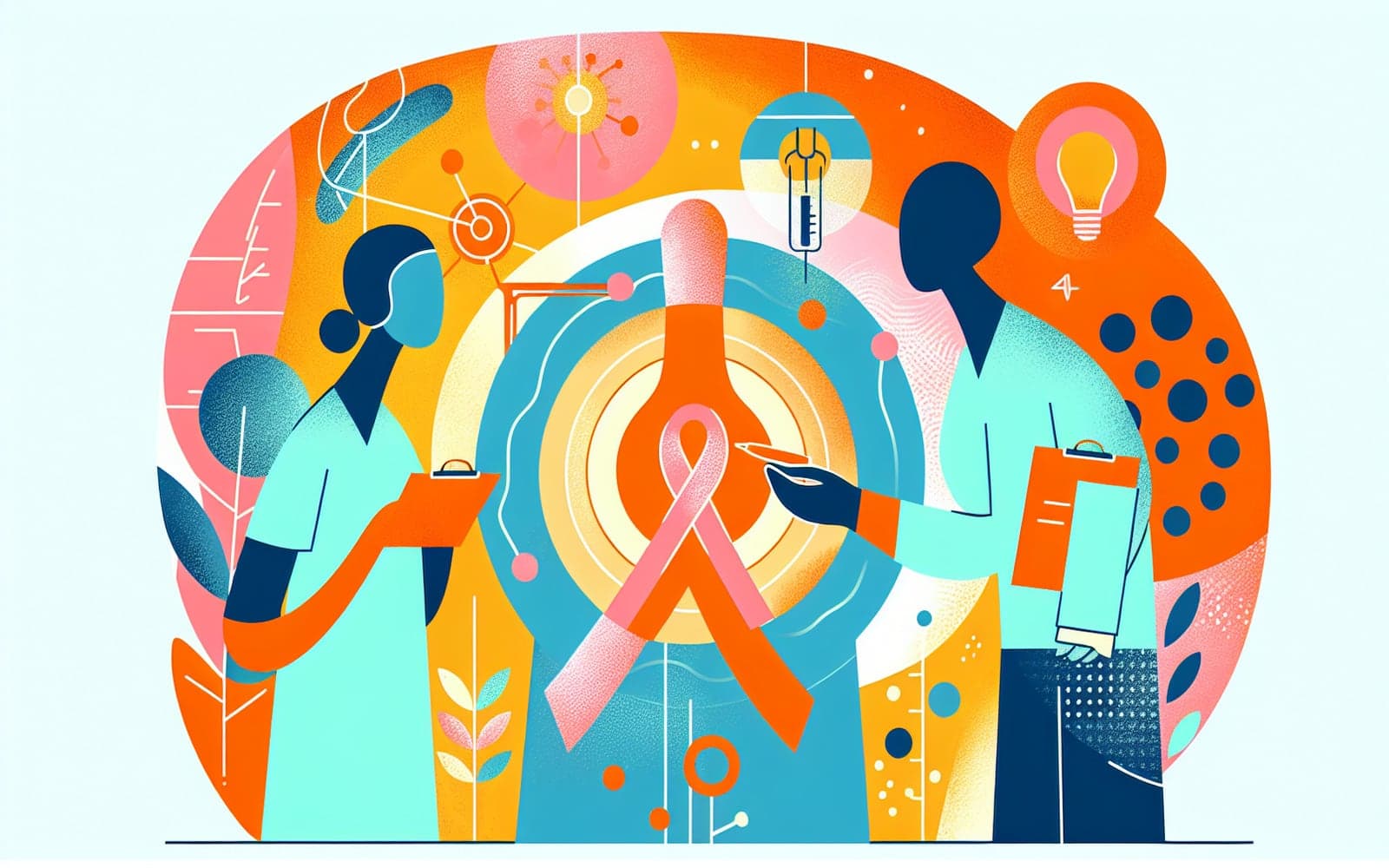Understanding Breast Biopsies: What You Need to Know
Understanding Breast Biopsies: What You Need to Know
What's This About?
Breast biopsies are a common medical procedure used to diagnose breast conditions. This article delves into why they are performed and what you can expect.
Contents
- Why Biopsies Are Necessary
- Types of Breast Biopsies
- What to Expect During the Procedure
Why Biopsies Are Necessary
Breast biopsies are performed to evaluate suspicious lumps or abnormalities found during a mammogram or physical exam. They help determine if a growth is benign or malignant. This allows for accurate diagnosis and ensures the right treatment plan is put in place.
Types of Breast Biopsies
Several types of breast biopsies exist, including fine needle aspiration, core needle biopsy, and surgical biopsy. Fine needle aspiration uses a thin needle to collect cells, while core needle biopsy uses a larger needle to remove tissue. Surgical biopsy involves removing part or all of a suspicious area for examination.

What to Expect During the Procedure
The biopsy procedure is usually quick and involves minimal discomfort. Local anesthesia is often used to numb the area, and the entire process typically takes less than an hour. After the procedure, some bruising and tenderness are common, but these symptoms usually resolve quickly.
FAQs
Why are breast biopsies performed?
They help diagnose if a breast lump is benign or malignant.
What types of breast biopsies exist?
Types include fine needle aspiration, core needle, and surgical biopsy.
Is a biopsy painful?
Most biopsies involve minimal discomfort with local anesthesia.
Key Takeaways
Breast biopsies are essential for accurate diagnosis and treatment planning.
Additional References
- Biopsy Interpretation of the Breast, 3rd ed, Schnitt SJ, Collins LC (Eds), Wolters Kluwer Health, 2018.
This article has been reviewed for accuracy by one of the licensed medical doctors working for Doctronic.











